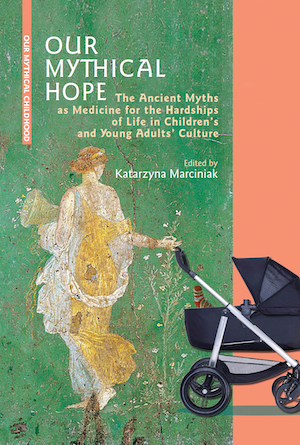Ayi Kwei Armah’s "Two Thousand Seasons" and "Osiris Rising" as Pan-African Epics
Ayi Kwei Armah’s "Two Thousand Seasons" and "Osiris Rising" as Pan-African Epics
Author(s): Divine Che Neba, Daniel Nkemleke
Subject(s): Pre-WW I & WW I (1900 -1919), Interwar Period (1920 - 1939), WW II and following years (1940 - 1949), Post-War period (1950 - 1989), Transformation Period (1990 - 2010)
Published by: Wydawnictwa Uniwersytetu Warszawskiego
Keywords: Pan-African epic; Ayi Kwei Armah; postcolonialism; reconstructivism; regeneration myth; visionary symbolism
Summary/Abstract: The neocolonial theory formulated by Frantz Fanon ("Wretched of the Earth") continues to serve as an inspiration to most postcolonial writers, including Ayi Kwei Armah (b. 1939 in Ghana). Writers invested in this doctrine continue to inspire post-independent youths, who for many decades have been misled into believing that an upward trend in development in Africa is “a long day’s journey into the night”. Known for his extremely high visionary symbolism, poetic drive, and firm Pan-African vision, Armah, besides his engagement with the neocolonial theory, has taken another leap into dredging up the Egyptian regeneration myth of Osiris and Isis and other related myths in "Two Thousand Seasons" (1973) and "Osiris Rising: A Novel of Africa Past, Present and Future" (1995) as tools for reconstructing what has been fragmented by slavery, colonialism, and neocolonialism. Most of the characters in his writing are placed on an epic journey to liberate the Africa he envisions and they give hope to the new generations in the context of the immediate developmental needs of the continent.
Book: Our Mythical Hope
- Page Range: 413-430
- Page Count: 18
- Publication Year: 2021
- Language: English
- Content File-PDF

